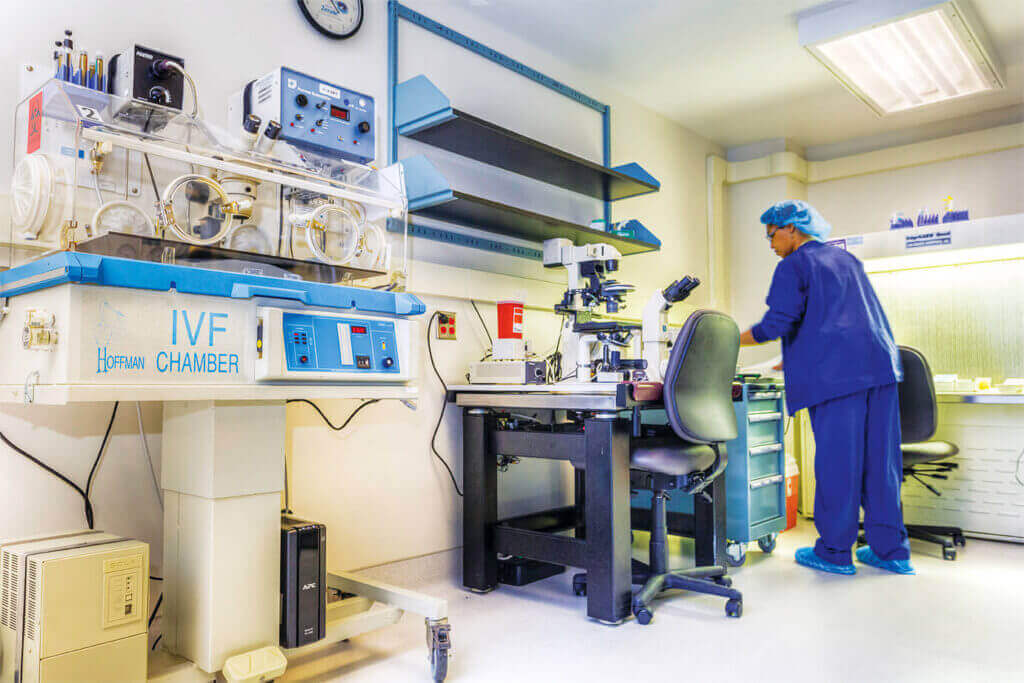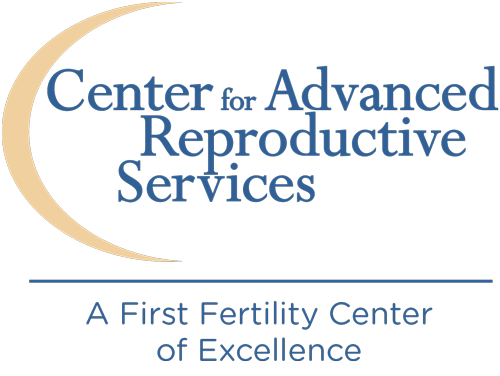IVF vs IUI
IVF vs IUI

If you are considering fertility treatment, you likely have a lot of questions. Which form of treatment is right for you? What can you expect during the process? How much will treatment cost? You can learn more about two of your options—IVF and IUI—in this breakdown.
With nearly four decades of experience providing successful fertility treatments, the specialists at the Center for Advanced Reproductive Services are here to be your fertility partner.
IVF vs IUI: Understanding Your Fertility Options
In vitro fertilization (IVF) and intrauterine insemination (IUI) are two common fertility treatments that we recommend to our patients. Our board-certified fertility specialists work with women, men, and LGBTQ+ individuals to determine the best treatment plan based on individual medical history and family-building goals.
Both IVF and IUI can lead to a successful pregnancy; however, there are a few important distinctions between these procedures:
What is IVF?
IVF involves a series of advanced procedures to collect, fertilize, and successfully develop an embryo. During the IVF procedure, mature eggs are collected and fertilized with sperm in our state-of-the-art IVF lab. Once fertilization has occurred, we’ll transfer the best embryo into the uterus, with the goal that it will successfully implant into the uterine lining and develop into a fetus.
This form of assisted reproduction is a great option for couples or individuals who experience conditions that cause infertility—such as endometriosis—or who are unable to conceive naturally. It can be done using your and your partner’s egg and sperm, or you can use a donor. We’ll perform routine testing and monitoring through every step for the best chances of a successful outcome.
What is IUI?
IUI is a quick procedure that increases the likelihood of pregnancy by inserting sperm directly into the uterus. Once a sperm sample is provided, our fertility specialists will concentrate moving, or motile, sperm and remove any non-motile sperm. Using a speculum and a syringe, the concentrated sperm is guided through the cervix and deposited into the uterus.
This procedure can be performed in one of our offices, and it only takes a few minutes to complete. Our fertility specialists will work with you to time the procedure with your menstrual cycle. We may also recommend certain fertility medications to increase ovulation and the chance of a successful pregnancy.
IVF vs IUI: Financing Your Fertility Treatment
Before undergoing IVF or IUI, it’s important to understand what to expect in terms of timeline and costs. Because IVF involves more steps, monitoring, and testing, this treatment may be more costly than IUI. However, IVF can be an effective fertility treatment for individuals with a low probability of success following multiple IUI attempts.
At The Center, we’re here to guide you through the financing process of your fertility treatments. Our Financial Service Representatives will meet with you to review cost expectations, insurance coverage, and financing options. Having a baby should be an attainable goal for everyone, and we’re here to help make that a possibility.
IVF vs IUI: Which is Right for Me?
If you need support growing your family, IVF and IUI are two effective fertility treatments available to you. You can start your fertility journey at The Center cby making a consultation with one of our fertility specialists.
Contact us to request an appointment today.

